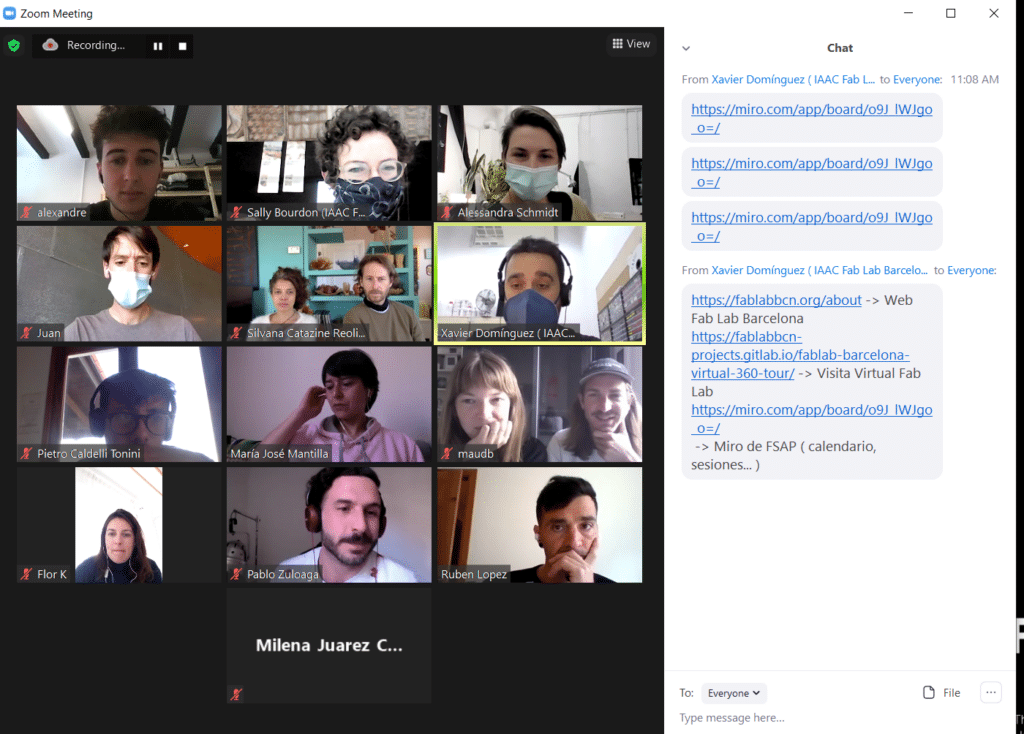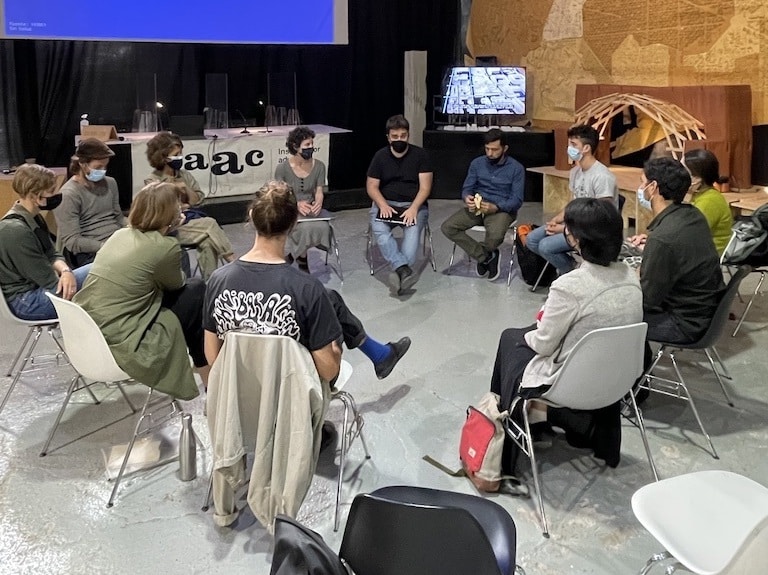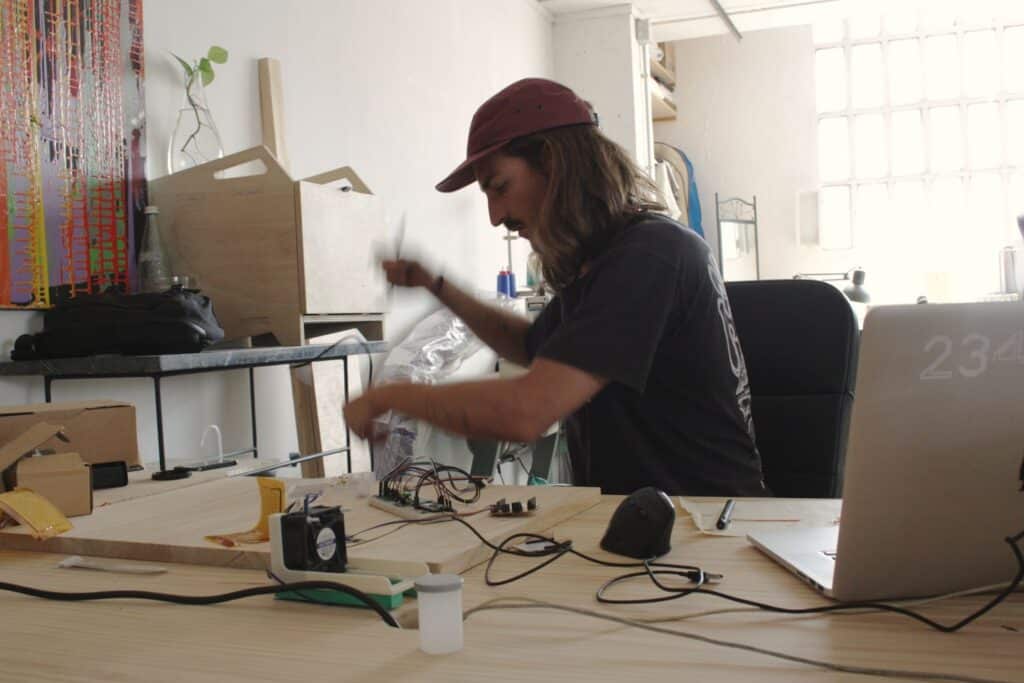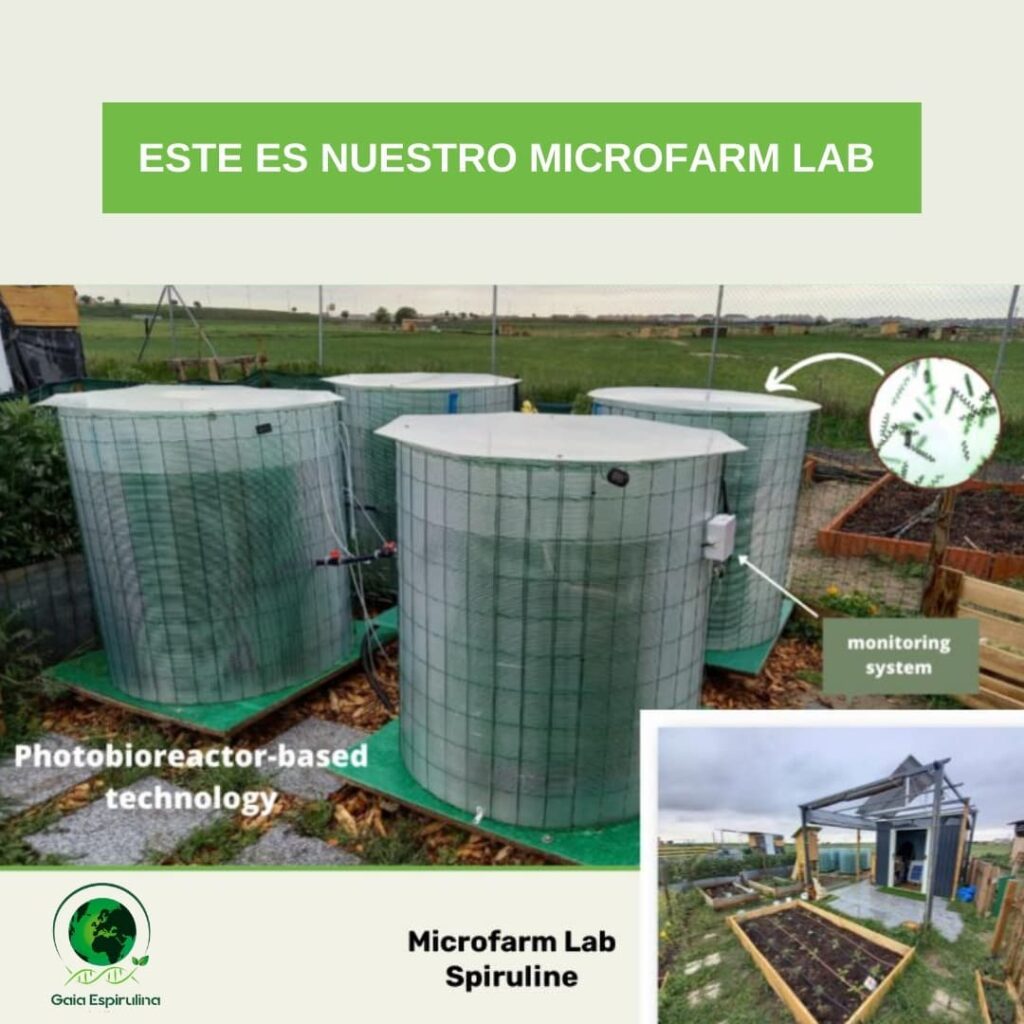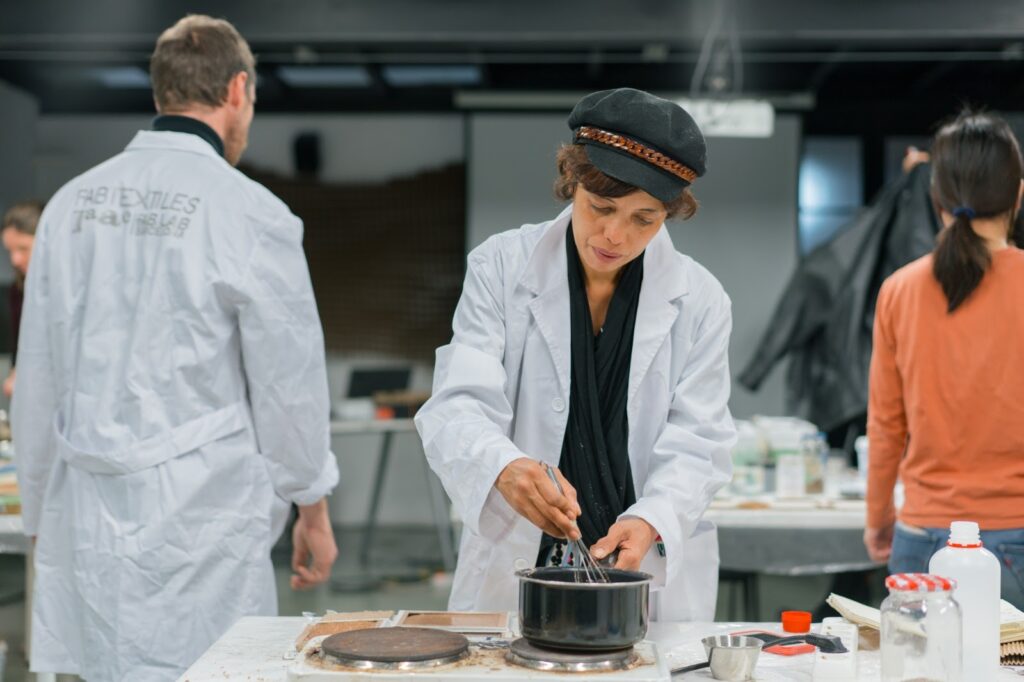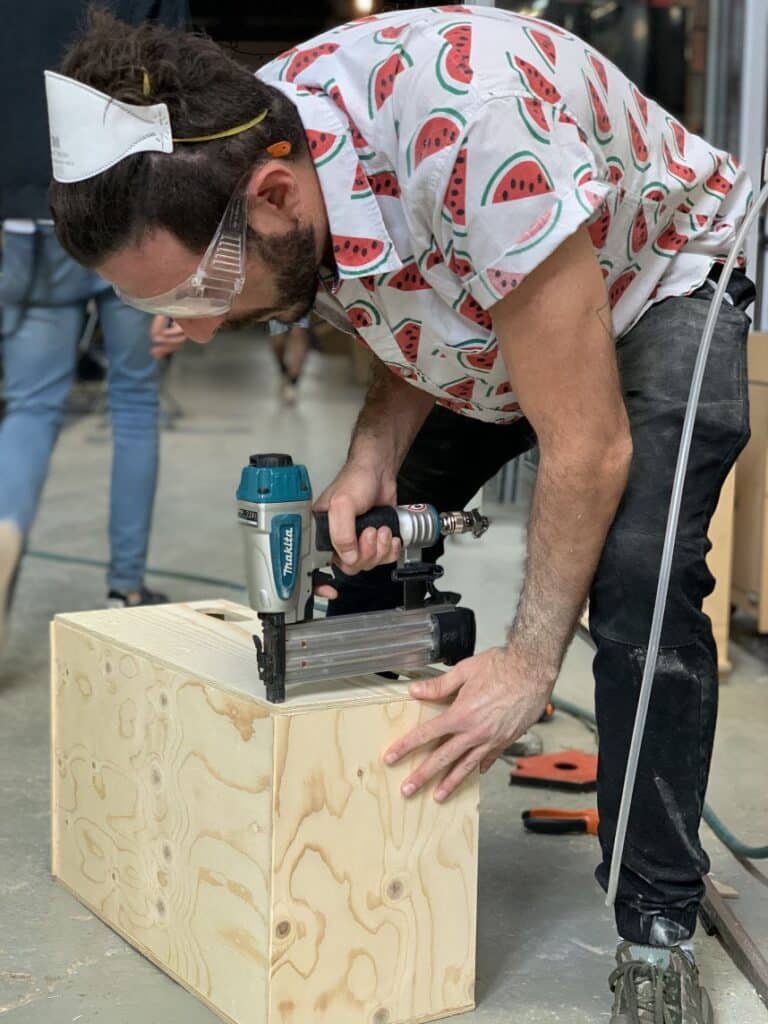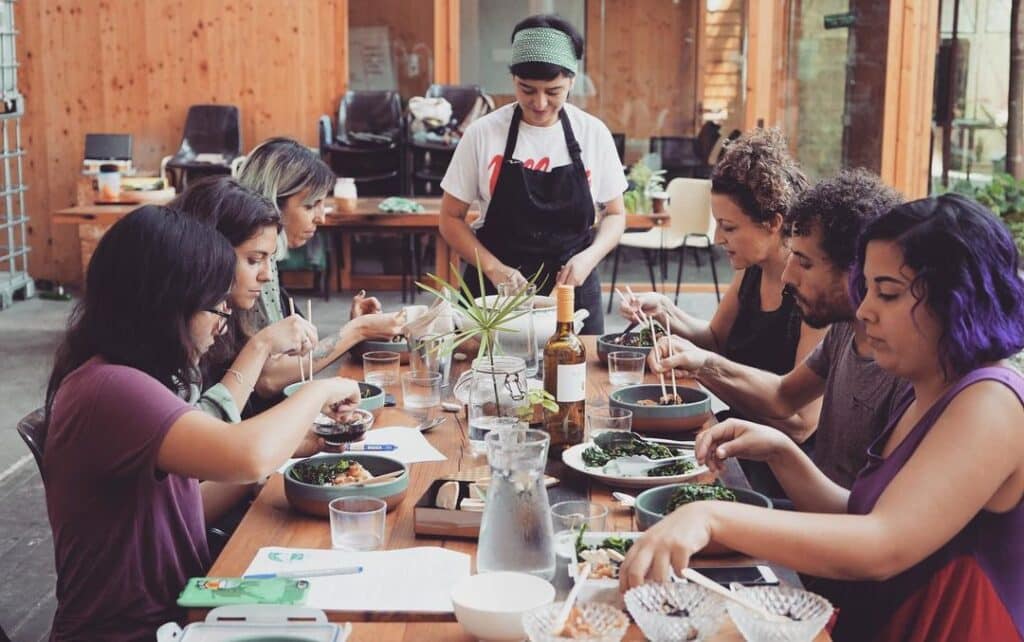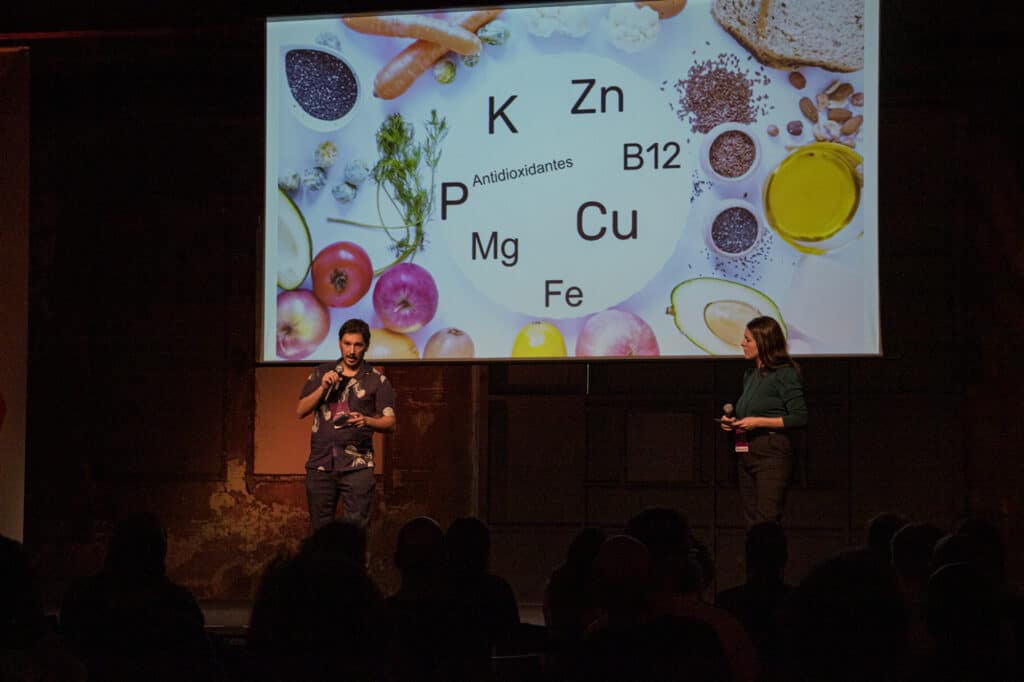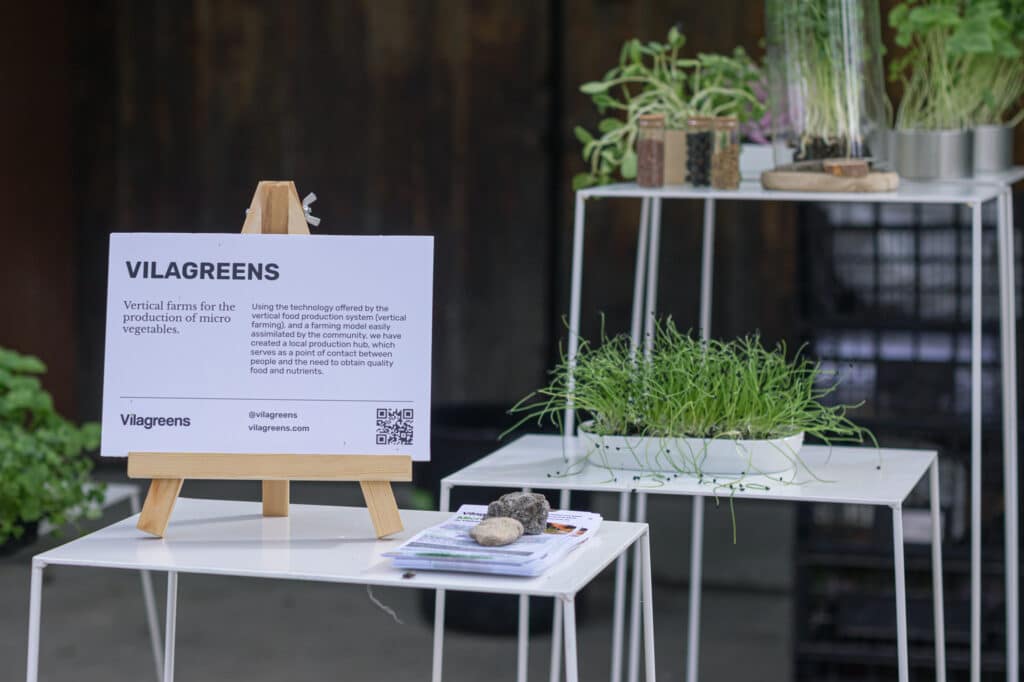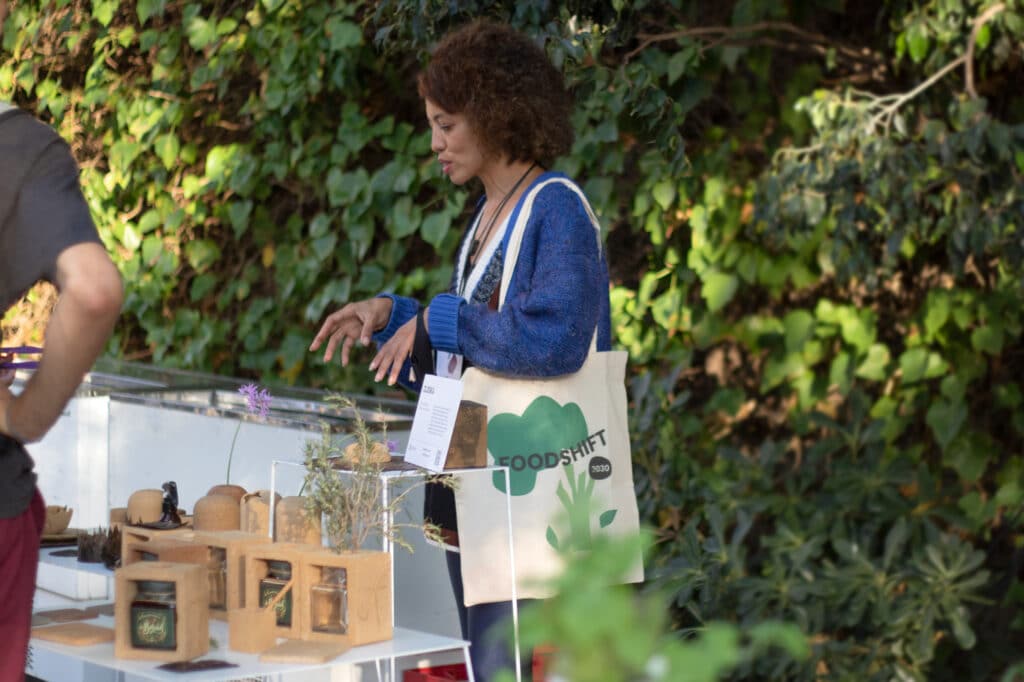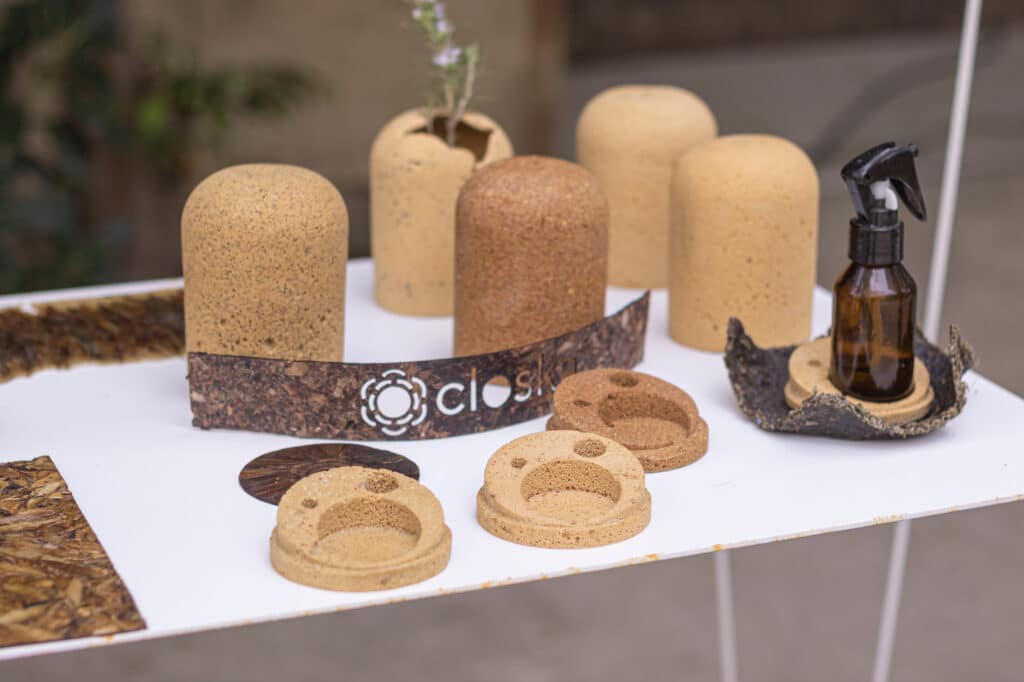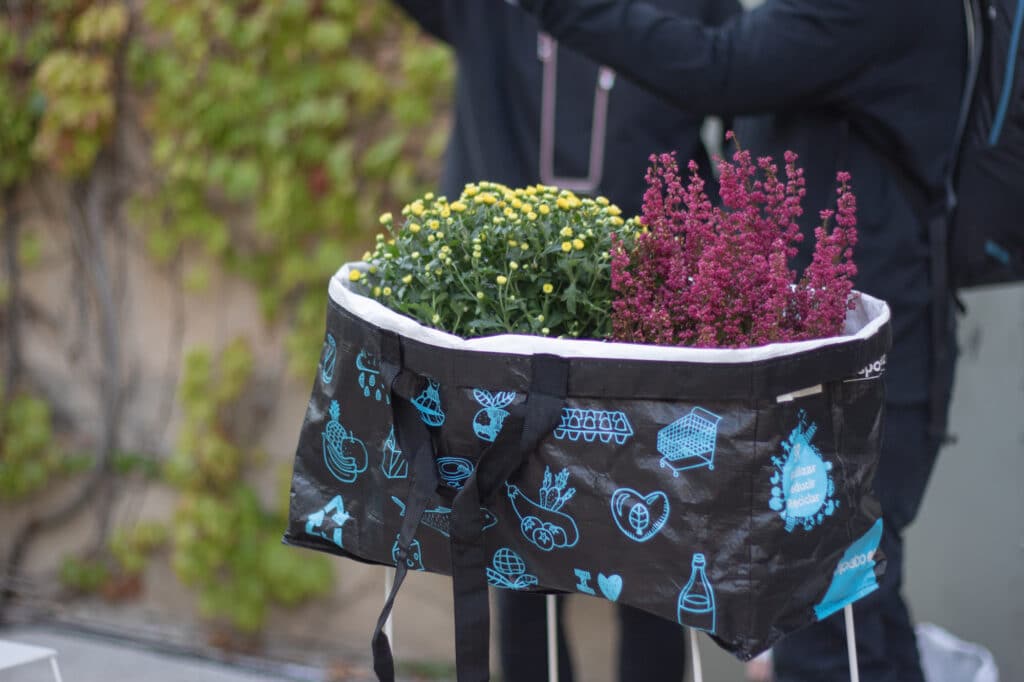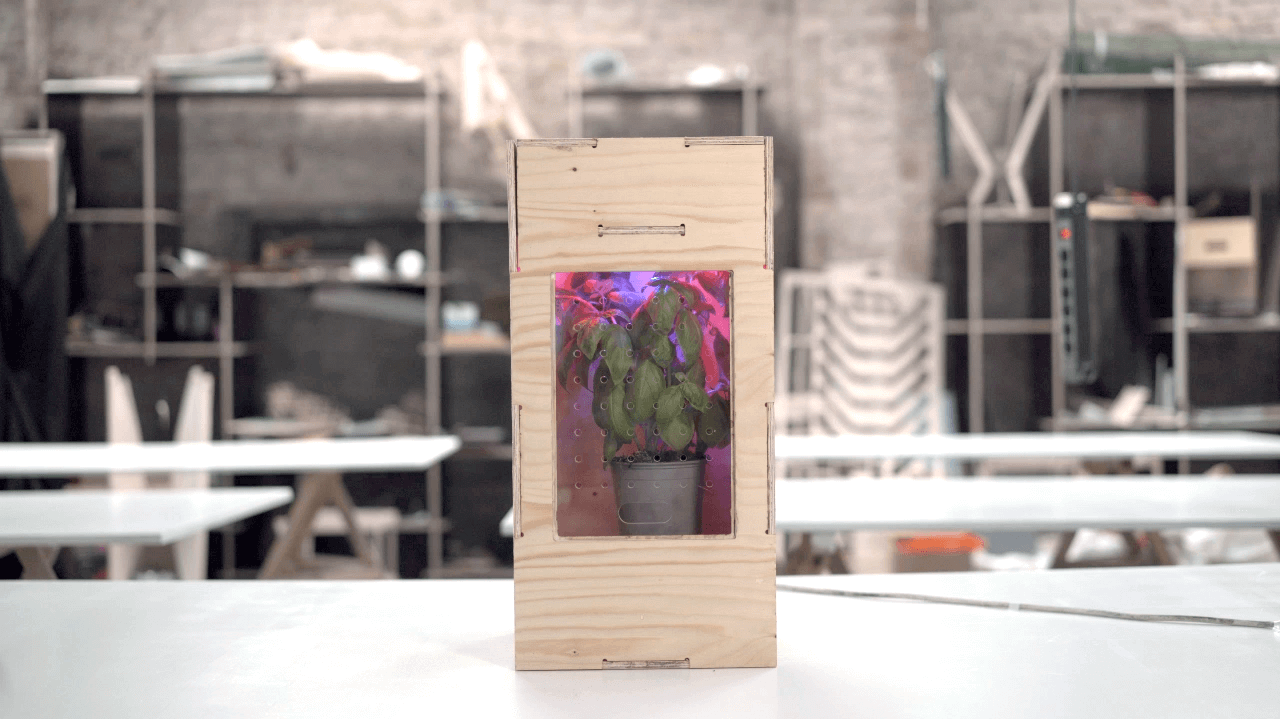
This was Food Tech 3.0
A recap of the acceleration program for local food technology innovators.
Nearly one year after its inception, the Food Tech 3.0 Acceleration Program has come to a close. The program was part of our Food Tech 3.0 FoodSHIFT2030 Accelerator Lab, one of nine accelerator labs in the Horizon 2020 EU project, FoodSHIFT2030. The Food Tech 3.0 program proposed to foster and support the acceleration of local food technology innovators that incorporate a citizen-driven approach to their work. A total of 10 initiatives were selected by the Fab Lab Barcelona team through an open-call, which received 27 applications from around the world. Key to the selection process was initiatives’ interest in and application of Food Tech 3.0’s 5 pillars:
An Overview of the Food Tech 3.0 Acceleration Program
- tech that is community-based, citizen-powered and encourages food citizenship;
- addresses holistic sustainability;
- incorporates open design practices;
- operates in an ecosystem of actors;
- and prioritises equity and accessibility.
Running from April to October 2021, the program featured weekly online sessions and one-on-one mentoring by the Fab Lab Barcelona team and local experts in Barcelona’s food ecosystem.
The program itself featured 3 acceleration tracks–technology, business and community– and was divided into 4 phases. In the first phase, “validation,” innovators were introduced to Fab Lab Barcelona’s approaches to technology, business and community. The goal was to expose innovators to new concepts and for our team to better understand each of the initiatives. Innovators were paired with local mentors based on the track they hoped to accelerate during the second “acceleration” phase. In parallel, they participated in weekly sessions led by external experts that focused on business strategies and planning. In the third phase, “growth,” innovators continued their acceleration work and participated in sessions geared toward providing them with skills to engage with new communities. The program culminated in the “demonstration” phase, in which innovators prepared for and participated in the Food Tech 3.0 Showcase.
Meet the Food Tech 3.0 Program Innovators & Collaborators
- Look Ma’ No Hands by Secil Afsar
- POWAR by Pablo Zuloaga
- ClosKa by Naifactory Lab team Silvana Catazine, Josean Vilar Pons & Dihue Miguens
- Vilagreens by Mariano Pedernera and Florencia Karaletsos
- Ma! Condimentos vivos de Asia by María José Mantilla Barrera
- Tectum Garden represented by Pietro Tonini and Gustavo Zamorano
- NUMID by Alexandre Acsensi Valiente
- Domingo Club by Maud Bausier and Antoine Jaunard
- SoloAceite by Ana and Juan Vargas
- GaiaEspirulina by Rubén Lopez Moreno
The 10 selected initiatives were incredibly diverse: they represented all different points of the food supply chain– production, elaboration, and food recycling/upcycling– and were at various stages of maturity. The innovators themselves came from a variety of professional backgrounds and countries, including Argentina, Belgium, Brazil, Chile, Colombia, Italy, Spain and Turkey. Lastly, 7 of the selected projects were either founded or co-founded by women, surpassing our initial goal to engage at least 5 initiatives led by women.
Experts in Barcelona’s food ecosystem, featuring members of the Food Tech 3.0 advisory board, collaborated in the program, providing innovator feedback, running sessions, and mentoring innovators:
Loïc Le Goueff from Green in Blue; Co-Responsable’s Edith Claros; Doris Boira from La Fabric@ and La Taca d’Oli; AbonoKM0’s founders Miki Royan and Diego Waehner; Adela Martínez González, founder of Huertos in the Sky; Arleny Medina Prince from Restaurante LEKA; Rasmus Bjerngaard, founder of Nextfood; and Eugenia Valls of Barcelona Activa and Mercabarna’s INNOFOOD program. Their role was invaluable in pushing innovators to question their approaches and situate themselves in the local context.
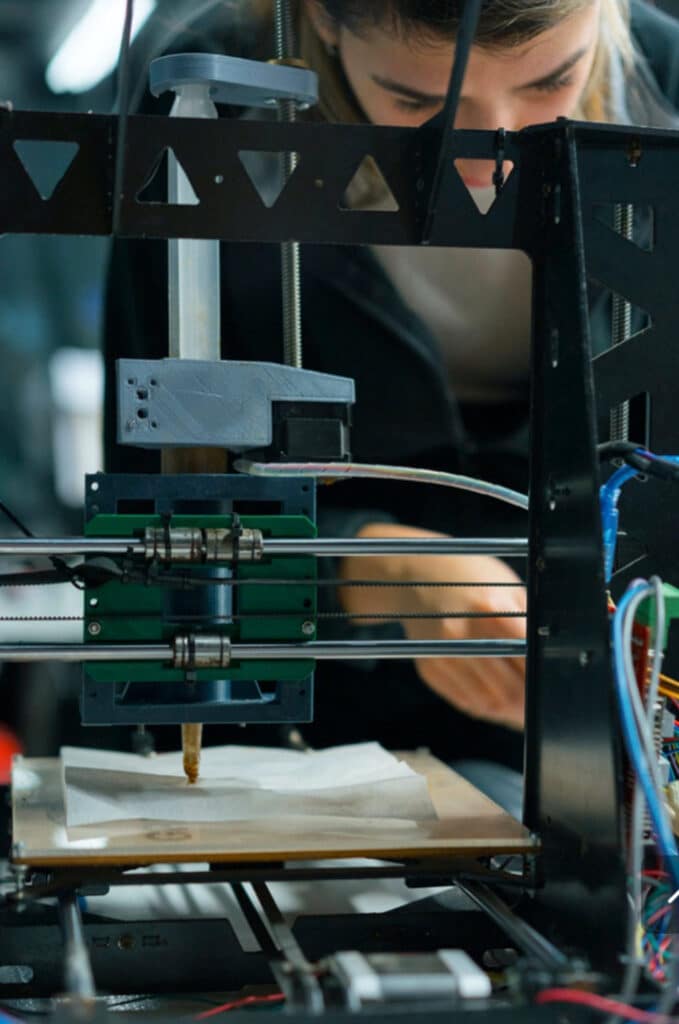
A focus on community and the creation of food citizenship
While tech incubator and accelerator programs traditionally support technology, business and funding, adding a community track was a no-brainer for our team. First, the creation of food citizenship (the shift from people as passive consumers to active players and decision makers in our food systems) and the use of citizen-driven initiatives to power the food system transition are central to FoodSHIFT2030’s mission and approach. Second, as our Food Tech 3.0 advisory board helped us understand, traditional food technology is often far removed from the everyday person and it’s essential for people and communities to understand how they can use, create and be empowered by food tech. Lastly, Fab Lab Barcelona’s own approach prioritises working with community-driven bottom-up strategies and creating tech that empowers users.
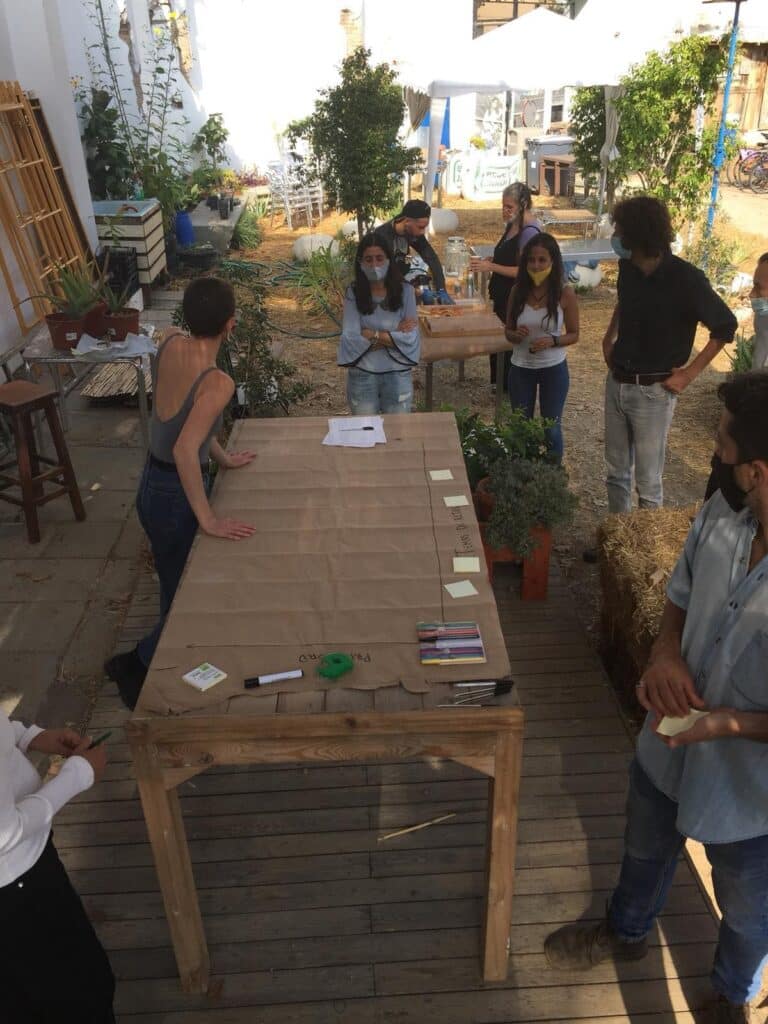
Through the community track sessions and mentoring, we supported innovators in understanding how they could not only engage new and existing communities but how communities could become drivers in their initiatives. Innovators also learned from one another: throughout the course of the program, they shared their current practices– from engaging new communities in workshops to distributing the design of their products– and aspirations.
Food Tech 3.0 Showcase
The program culminated in the Food Tech 3.0 Showcase on October 18th, part of the FoodSHIFT2030 Stakeholder Innovation Conference in Palo Alto (Barcelona). During the showcase, 8 of the Food Tech 3.0 innovators presented to a hybrid audience, including FoodSHIFT2030 consortium members, city officials, and local foods system actors. Presentations followed a Pecha Kucha format model: innovators only had under 7 minutes (20 seconds per 20 slides) to share their initiative, how they addressed community, business and technology, and where they planned to go next.
The rest of the showcase included an intro to Fab Lab Barcelona’s past work in food; an update on the Food Tech 3.0 Lab; and closed with a roundtable with Food Tech 3.0’s advisory board that contextualized food tech in Barcelona.
Food Tech 3.0 collaborators were also featured throughout the event: zero waste and honest food pioneers LEKA catered the event lunch; while AbonoKM0 managed the event’s organic waste and provided KM0 compost to attendees; and La Taca d’Oli provided the welcome table with a tablecloth made from the traditional Catalan fabric, farcell.
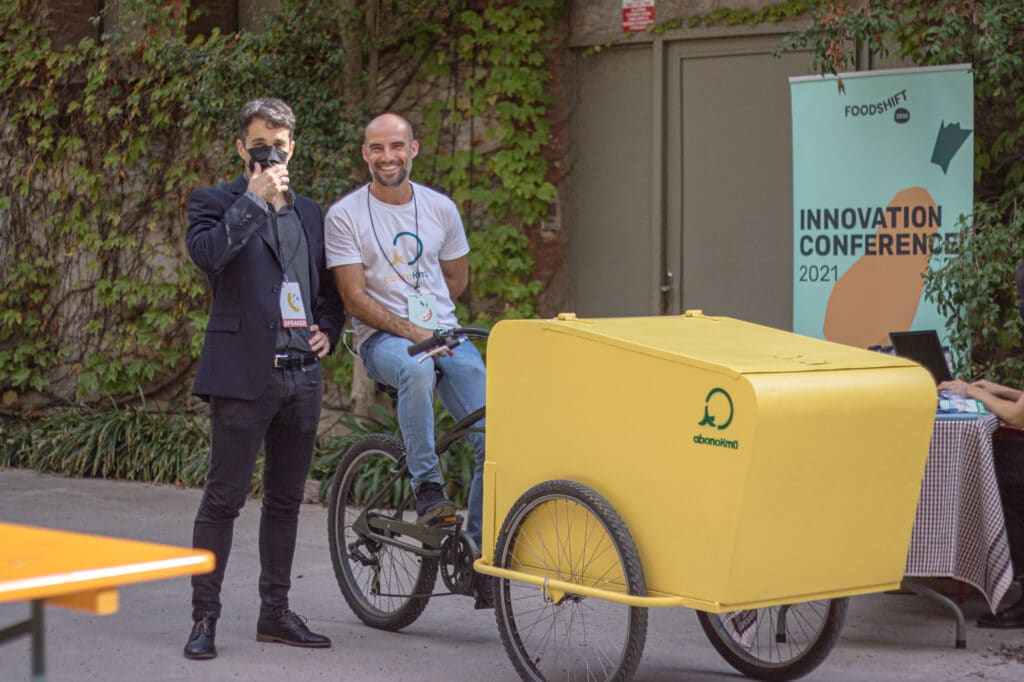
Initial outcomes and learnings from Food Tech 3.0 & the Acceleration Program
Outcomes and learnings will be further explored in the upcoming Food Tech 3.0 Gitbook:
- The program allowed us to explore how Fab Labs can be spaces to create and promote food technology and why Fab Labs should be involved in food tech. Hint: we can be makers of our food system.
- Food Tech 3.0 is expanding the narrative around what food technology can look like, how it can be made and who can make it. Participation in the program contributed to innovators expanding their understanding of what food technology is and people outside the program had a similar experience after exposure to Food Tech’s tenets and the participating projects.
- Being part of a group of initiatives that shared an overarching goal to improve and change the current food system inspired and created support for the innovators. While online encounters helped achieve this, presencial meetups are essential to enhance collaboration between innovators (an online platform still doesn’t take the place of impromptu conversations over a coffee).
- There are many questions still to be answered on the integration of open-source into food technology initiatives: deciding what should be open source, how it should be shared, and when to share the information.
What’s up next for Food Tech 3.0 & how you can get involved:
- In the upcoming Food Tech 3.0 GitBook, we’ll delve into the questions: “How can communities engage with and be empowered by food technology?” And conversely, “How can food technology initiatives engage with communities and create food citizenship?” We’ll include learnings from the programs as well as examples of food technology from Barcelona and beyond that are creating food citizenship. Stay tuned for the launch date!
- In 2022, we’ll host workshops to engage communities with food technology: be on the lookout for these opportunities announced over social media.
- If you’re a community that wants to engage with food technology, or are an initiative that wants to understand how to better engage and collaborate with communities, join the Food Tech 3.0 Discord!

- Who makes food technology? Which communities does it serve? Learn more about why and how Food Tech 3.0 aims to engage and empower women and actions that you can take to join us.
